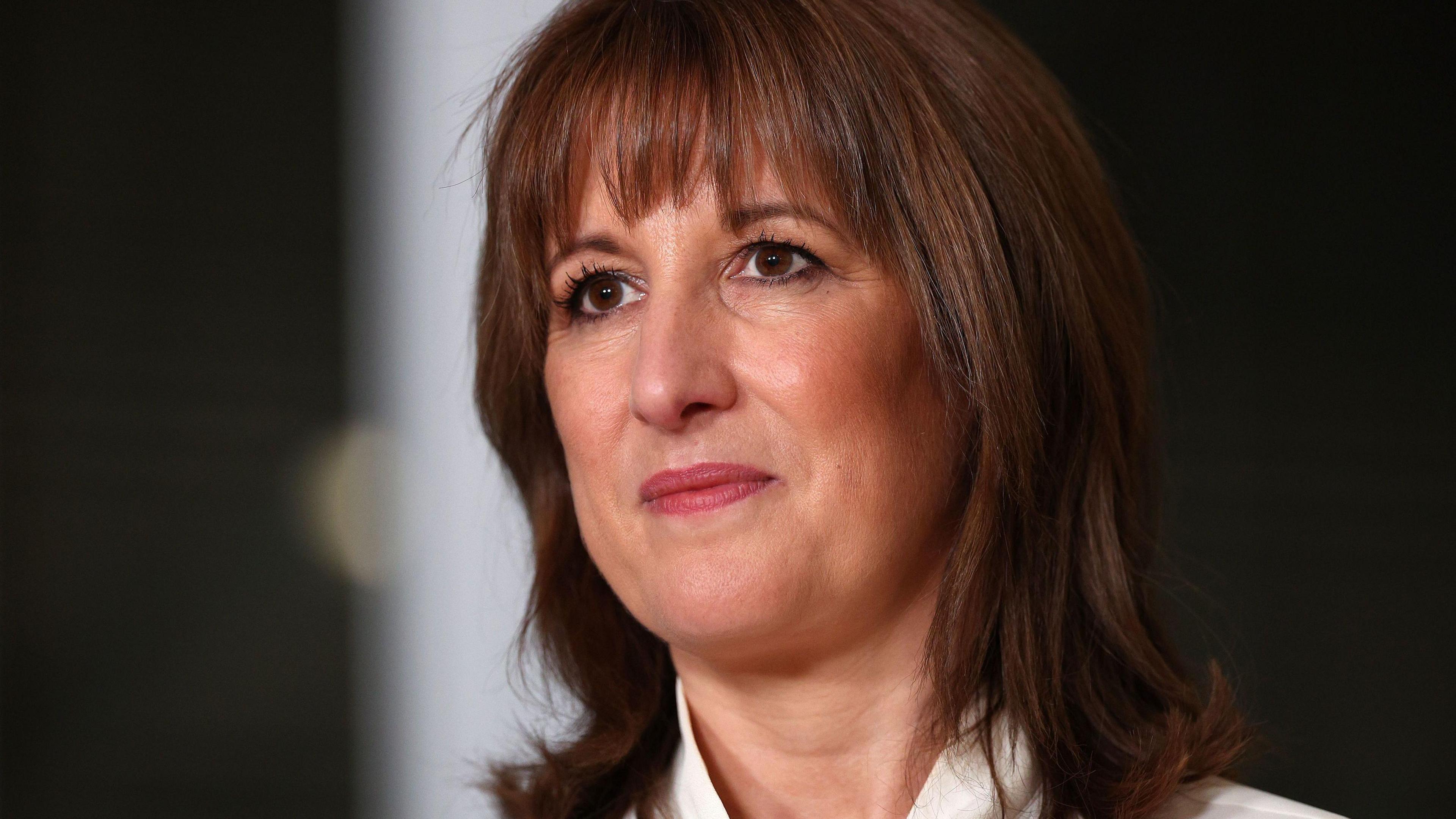Households face 'dismal' rise in spending power, says IFS

- Published
Households are facing a "truly dismal" increase in their disposable income following the Budget, the Institute for Fiscal Studies (IFS) think tank has said.
Average disposable income is expected to grow by "only" 0.5% a year over the next five years, according to the government''s official forecaster.
National Insurance is also set to increase as a result of the cap on salary sacrifice pension payments and the freezing of tax thresholds, which IFS director Helen Miller said she considered "a breach of the manifesto".
Sir Keir Starmer told the BBC his party made "a number of commitments in our manifesto, which we have kept".
Ahead of last year's general election, Labour promised not to increase taxes on "working people", including National Insurance, Income Tax and VAT.
The prime minister accepted he was asking "everybody to make a contribution", which he said was "fair and necessary".
"I absolutely wanted to bear down and reduce the cost of living because for most... that will be the single most important thing."
Ms Miller said the growth in disposable income - which measures the amount of money people have left to spend after taxes have been paid - was disappointing "especially when compared to the more than 2% per year we achieved across every parliament from the mid-1980s to mid-2000s".
According to the IFS, average disposable income per person is expected to rise by nearly £104 a year for the next four years, under current inflation forecasts.
"Before this Budget, the UK was faced with lacklustre economic growth, stagnating living standards, and a dizzying array of fiscal pressures," Ms Miller said.
"The same is still true after this Budget."
Her comments were backed up by the Resolution Foundation think tank, which predicted that the growth in living standards in this parliament would be the second worst on record.
In her Budget, Chancellor Rachel Reeves chose to extend the freeze on income tax thresholds for a further three years beyond 2028. She also imposed a £2,000-a-year cap on the amount put into pensions from 2029 through a salary sacrifice arrangement before National Insurance payments are due.
Reeves also denied the Budget broke manifesto pledges but admitted her policies would have "an impact on working people".
She told the BBC this contribution had been kept "to a minimum" because of other changes such as increasing taxes on online gambling, properties worth more than £2m and income from dividends or renting out property.
Budget 2025
What the Budget means for you and your money
- Published1 day ago
Key points from the Budget at a glance
- Published20 hours ago
The chancellor also highlighted other measures aimed at cutting the cost of living, including freezing NHS prescription charges and regulated rail fares in England, as well as scrapping green levies added to energy bills.
Asked if she would apologise for breaking her promise not to increase taxes on working people, Reeves said she had made "fair and necessary choices" to cut NHS waiting lists, lift children out of poverty and reduce the cost of living.
In the run-up to the Budget, there was much speculation about the UK's finances and the outlook for the economy, and how the chancellor faced big gaps in meeting her fiscal rules on borrowing, leading to uncertainty in financial markets.
Giving her analysis of the Budget, Ms Miller noted how the OBR's "overall forecast downgrade was minimal" and there was "no big fiscal repair job" to do.
In an interview with the BBC, she also said the government appeared to have ignored its stated number one mission to boost economic growth.
"We shouldn't expect every Budget to solve all of our problems, but I think it's reasonable to expect that for a government that makes such a big deal of having growth as its number one mission, they would be doing more to drive up growth," she said.
Ms Miller said Reeves could have reformed the tax system to boost the economy and that the government also has "hard yards" to do in areas such as competition policy, regulation and education.